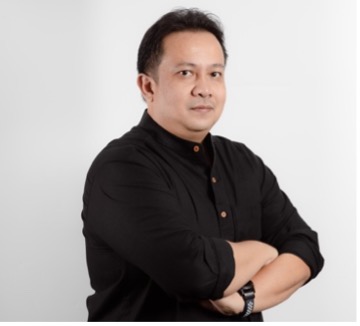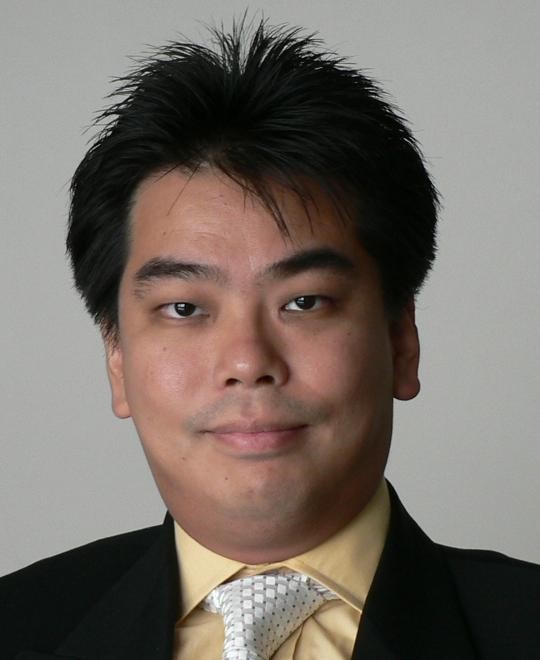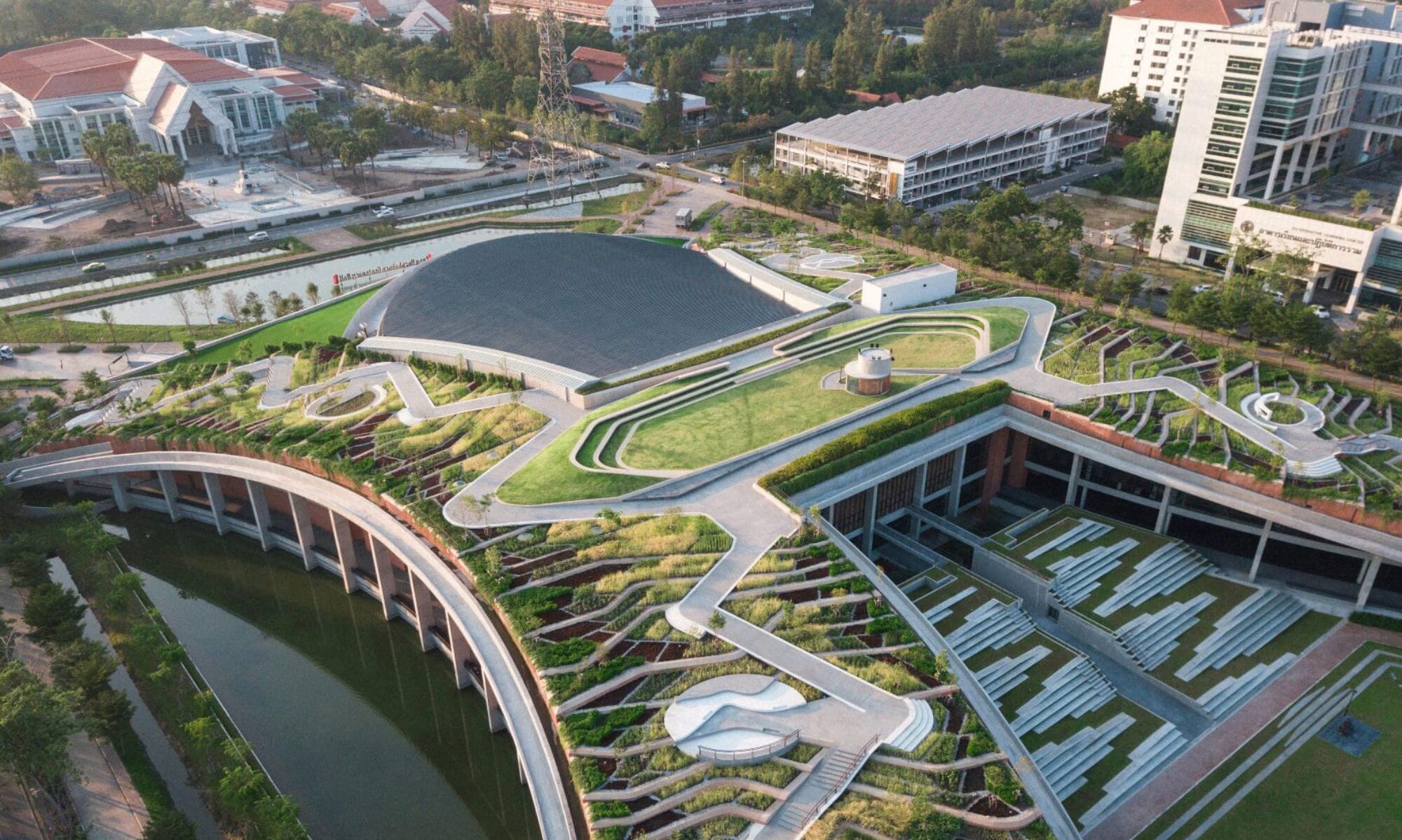Keynote talk – 1
Prof. Dr. Masafumi Miwa
(Tokushima University, Japan)

Title: Design, Simulation, and Implementation in Drone Development
Abstract: Drones are one type of unmanned aerial vehicle that gained popularity through DIY projects. Drones have a simple structure, and simulations using mathematical models can also be performed relatively easily. By combining hardware—such as commercially available embedded microcontrollers, 3-axis gyro/accelerometer/magnetometer sensors, and motors and ESCs developed for radio-controlled vehicles—with open-source software, they can be built relatively easily. Nowadays, drones built using open-source software and designs are also commercially available.
This presentation introduces drone development conducted in our laboratory. First, I will describe the development process of a uniquely structured drone, detailing how we achieved actual attitude control based on physical simulation results. I also briefly introduce the components and control programs that make up the drone.
Next, as an example of a digital twin, I will introduce a system integrating an image sensor into a drone using the open-source flight controller ArduPilot. This drone underwent test flights in a simulation space, and based on those results, it flew in the real world.
Biography: Professor Dr. Masafumi Miwa is worldwide recognised expert UAV engineering and technology. In 1996 he was appointed as Assistant Professor at Wakayama University, Faculty of System Engineering, 2007 Associate Professor at Tokushima University, Institute of Technology and Science, 2016 Associate Professor at Tokushima University, Graduate School of Science and Technology, and 2017 Associate Professor at Tokushima University, Graduate School of Technology, Industrial and Social Sciences. Professor Miwa started his research on UAV around 2000. After developing autonomous flight controller using GPS with a single-rotor helicopter, he engaged in research on multicopters and various drones. He is conducting research and development on attitude control and autonomous control of various drones incorporating thrust deflection technology, as well as on peripheral technologies required to realize drone transport. In addition, he is verifying the practical application of drone transport by actually performing drone transport.
Keynote talk – 2
Assoc. Prof. Wiroon Sriborrirux
(Burapha University, Thailand)

Title:TESA Edge AI Chip Development to Secure TESA AIoT Foundation Platform
Abstract: This talk presents TESA’s dual-foundation strategy transforming Thailand from chip consumer to designer and innovator through production-ready implementations deployed across critical industries.
The First Foundation establishes indigenous chip design capabilities through our Synopsys partnership, developing 32-bit RISC-V processors with integrated neural processing units. The RISC-V chips feature tiny NPUs optimized for real-time inference in industrial sensors and medical wearables—processing data locally to reduce latency and enhance privacy. Our “nation chip” prototype incorporates Edge AI capabilities for Thailand’s high-impact industries. Through prototyping at seven partner universities, we’re training 40-50 certified IC designers by 2026, creating sustainable knowledge transfer from silicon to deployment.
The Second Foundation leverages our Infineon partnership to build the TESAIoT Platform, delivering certificate-based device identity, mTLS authentication, encrypted data pipelines, and real-time analytics meeting ETSI EN 303 645 and GDPR/PDPA compliance. The platform supports deployments across healthcare, smart cities, Industry 4.0, and energy sectors, with tier-based certificates balancing cryptographic strength against device power constraints.
Our Infineon collaboration integrates PSOC Edge AI processors achieving ARM PSA Level 3-4 certification, enabling Thai developers to create complete AIoT solutions from hardware to platform.
The presentation will demonstrate live TESAIoT Platform deployments including healthcare use cases for remote decentralized systems. These foundations showcase the complete journey from RISC-V IP blocks to secure edge devices, proving Thailand’s capability to compete globally as chip designers and platform service providers through our Security-First and AI-Ready approach.
Biography: Assoc. Prof. Wiroon Sriborrirux is Associate Professor at the Faculty of Engineering, Burapha University, and President of the Thailand Embedded Systems Association (TESA). He graduated from Korea University and has over two decades of experience in embedded systems, IoT, and edge computing. As founder of Bangsaen Design House and the Advanced Innovation Center (AIC-EEC.com), he has led numerous national research initiatives including Smart Living & Safety for Smart City projects. His work has been recognized with multiple prestigious awards including the 2023 Prime Minister’s “Value of the Land” Award for Science and Technology Promotion, the 2021 Prime Minister Award for Innovation of Crisis, and The Winner Award for Technological Innovation of the Year at The Awards Asia 2022. Prof. Sriborrirux has published extensively in international conferences and journals, focusing on embedded cryptography, wireless sensor networks, cloud computing, and AIoT platforms.
Keynote talk – 3
Mr. Masami Ikura
(Toyota Motor Corporation)

Title: Toward a Highly Reliable Automotive MCU Design
Abstract: In recent years, the proportion of software(SW) development in automotive engineering has been rapidly increasing, particularly in battery electric vehicles(BEVs), where it is reported to account for more than 70% of total development effort.
This trend is attributed both to the increasing complexity of control functions associated with electrification and to the adoption of software-defined vehicles (SDVs) that prioritize the end-user perspective, resulting in increased and more complex development and management workloads.
These challenges are being addressed through advances in model-based systems engineering (MBSE), formal verification methods, and AI-assisted design and validation, facilitating more efficient development processes.
Meanwhile, the technologies of in-vehicle microcontrollers(MCUs) and system-on-chips(SoCs) remain largely unfamiliar to developers in PC, server, and AI domains, necessitating distinct considerations for vehicle-specific real-time operating systems (RTOS) and application development.
Furthermore, the expansion of design and development centers in the ASEAN region has increased opportunities for young engineers to participate, although learning environments remain limited.
This keynote speach presents, through case studies, the differences between consumer and automotive MCUs and SW design approaches that maximize their performance.
Biography: Masami Ikura is a member of the Electronic Systems Architecture Group at the BR-BEV Division, Toyota Motor Corporation, which is responsible for electric vehicle development.
He has contributed to test methodoroy with formal verification methodologies for Cockpit-DX and is currently engaged in research on functional safety real-time operating systems (RTOS) and microcontroller units (MCUs) from a HW perspective.
Since the 90s, he has been involved in the evolution of semiconductor development methodologies, including translation of VHDL specifications, the transition from complex instruction set computer (CISC) to reduced instruction set computer (RISC) processors, over million gates of field-programmable gate arrays (FPGAs), and the adoption of high-level synthesis(HLS) technologies.
He received the Master’s degree in Embedded System Engineering from the Graduate School of Tokai University in 2010. Also, he conducted research in the Department of Electrical Engineering(EE) at Prince of Songkla University, Thailand, in 2017.
